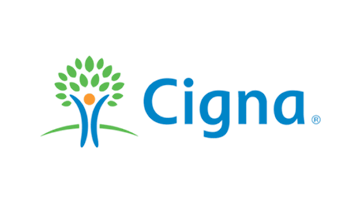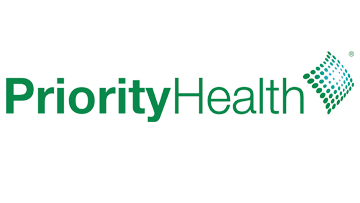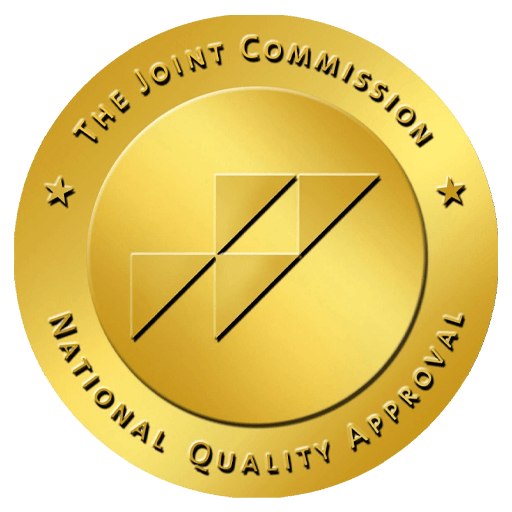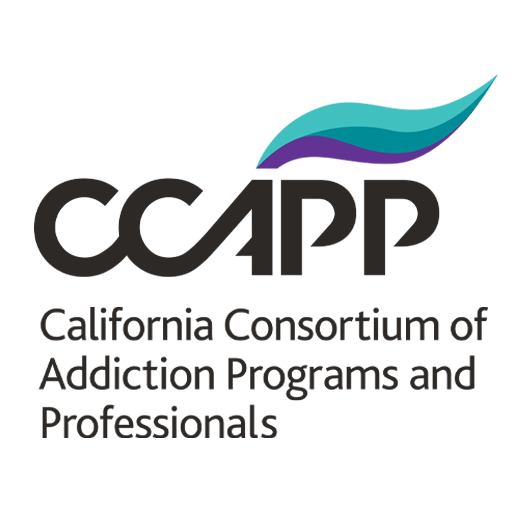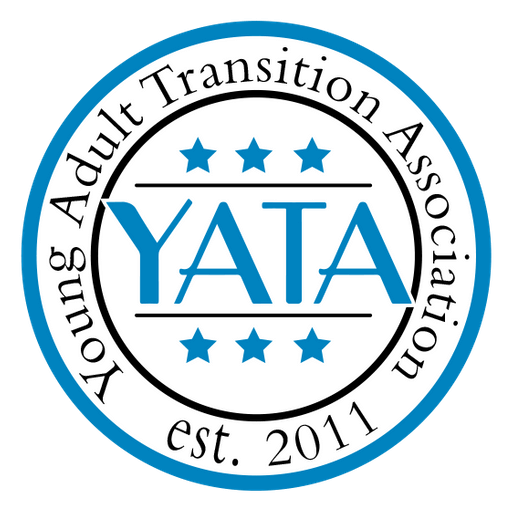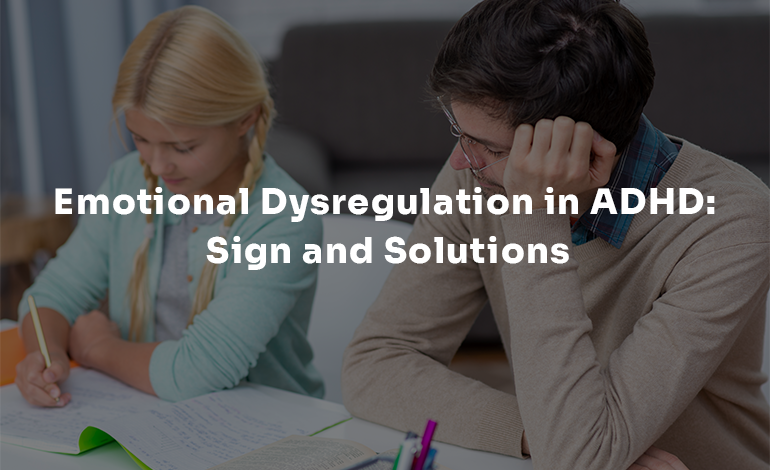Imagine feeling emotions so intensely that even minor frustrations feel like insurmountable hurdles, or struggling to calm down after a disagreement long after others have moved on. For many individuals with ADHD, emotional dysregulation can complicate their relationships, hinder career progress, and diminish their overall quality of life.
These emotional highs and lows can feel like a rollercoaster, making it hard to navigate the demands of daily life. Despite its significant impact, emotional dysregulation is often overlooked or misunderstood. By shedding light on this crucial aspect of ADHD, we can better understand its challenges and discover effective strategies for managing it.
In this article, we’ll explore the telltale signs of emotional dysregulation in ADHD, its effects on various aspects of life, and actionable solutions that can bring balance and relief to those who face this challenge. Whether you’re living with ADHD, supporting someone who is, or simply seeking to understand this condition better, this guide is designed to provide clarity and hope.
What is Emotional Dysregulation?
Emotional dysregulation refers to the inability to effectively control or regulate emotional responses. For individuals with ADHD, this challenge often manifests as experiencing emotions more intensely than others and struggling to manage their duration and intensity.
It’s as if the emotional “volume” is turned up higher, making even minor situations feel overwhelming. For example, a small disagreement or unexpected change can trigger a disproportionate reaction, such as intense frustration, anger, or sadness.
In fact, researchers and clinicians increasingly acknowledge that emotional dysregulation is a key component of ADHD that can have profound effects on daily life. It often complicates relationships, workplace interactions, and personal well-being, as it makes managing even routine stressors difficult.
Signs of Emotional Dysregulation in ADHD
Emotional dysregulation is one of the most impactful yet often overlooked challenges for individuals with ADHD. It goes beyond just feeling emotions intensely; it can create a ripple effect that influences relationships, work performance, and overall well-being. Below are some of the key signs, each shedding light on how this condition manifests and affects daily life:
1. Frequent Emotional Outbursts
People with ADHD are more prone to sudden and intense emotional reactions, even to situations others might view as minor. For instance, a small disagreement or an honest mistake can escalate into yelling, crying, or even complete withdrawal.
These outbursts are not merely an overreaction but reflect the brain’s difficulty in modulating emotional responses. This volatility can strain relationships, as others may not understand the depth or duration of the emotions being felt.
2. Difficulty Recovering from Negative Emotions
While most people can move past negative emotions relatively quickly, those with ADHD may find it nearly impossible to let go. A minor argument, a critical remark, or a simple inconvenience can linger in their mind for hours—or even days. This prolonged distress is not a matter of choice but a reflection of the difficulty in shifting emotional states.
For example, a frustrating morning interaction might overshadow their mood and productivity for the entire day.
3. Low Frustration Tolerance
Tasks requiring patience, persistence, or the ability to tolerate minor setbacks can be particularly challenging for individuals with ADHD. When faced with a difficult problem or an unexpected obstacle, feelings of anger, frustration, or even hopelessness can arise quickly.
This low frustration tolerance often leads to avoidance behaviors, such as abandoning tasks prematurely, which can result in missed opportunities and unfinished projects.
4. Mood Swings
One of the most apparent signs of emotional dysregulation in ADHD is rapid and unpredictable mood changes. Someone might feel elated and optimistic in one moment, only to be overcome by sadness, anger, or frustration shortly after.
These mood swings can make individuals feel as though they lack control over their emotional landscape, which may leave them—and those around them—feeling confused or frustrated.
5. Difficulty Identifying Emotions
Many individuals with ADHD struggle to pinpoint exactly what they’re feeling, which can further complicate emotional regulation. This difficulty, often referred to as alexithymia, creates a disconnect between emotional experiences and the ability to articulate them.
For example, they might feel overwhelmed or upset but be unable to explain whether it’s due to anger, sadness, or stress. This lack of clarity can lead to reactive behaviors rather than thoughtful responses.
6. Hyperfocus on Negative Experiences
While hyperfocus is often seen as a positive trait of ADHD, it can also have a dark side when it centers on negative experiences. Emotional dysregulation can cause individuals to dwell excessively on perceived failures, criticisms, or disappointments.
Instead of letting go, they might replay these events repeatedly, amplifying their distress and making it harder to focus on positive aspects of their lives. This rumination can erode self-esteem and contribute to feelings of hopelessness or inadequacy.
7. Understanding the Bigger Picture
These signs are more than just isolated challenges; they are interconnected symptoms of the brain’s difficulty in processing and regulating emotions. For individuals with ADHD, understanding these patterns is a vital first step in managing emotional dysregulation.
Awareness, coupled with effective strategies, can help mitigate the impact of these signs, allowing for healthier emotional responses and improved quality of life.
Effective Solutions for Emotional Dysregulation in ADHD
While managing emotional dysregulation can be challenging, several strategies and treatments can help.
Therapy for Emotional Regulation
- Cognitive Behavioral Therapy (CBT): CBT helps individuals identify negative thought patterns and develop healthier ways of thinking and responding. It can be particularly effective in teaching emotional regulation skills.
- Dialectical Behavior Therapy (DBT): DBT focuses on managing intense emotions and improving interpersonal relationships. Skills like mindfulness, distress tolerance, and emotional regulation are central to this approach.
- Emotion-Focused Therapy (EFT): EFT helps individuals become more aware of their emotions and develop strategies to manage them effectively.
Medication Management
Medications prescribed for ADHD, such as stimulants (e.g., Adderall, Ritalin) or non-stimulants (e.g., Strattera), may indirectly improve emotional regulation by addressing core ADHD symptoms like impulsivity and inattention.
Mindfulness Practices
Mindfulness-based strategies can help individuals with ADHD become more aware of their emotional states and respond thoughtfully rather than impulsively. Techniques like deep breathing, meditation, and grounding exercises can be highly effective.
Emotion Regulation Skills Training
Learning specific techniques to manage emotions can empower individuals to cope with emotional dysregulation. Key skills include:
- Pause and Reflect: Taking a moment before reacting can help in processing emotions more effectively.
- Reframing Thoughts: Viewing situations from a different perspective can reduce emotional intensity.
- Identifying Triggers: Recognizing what provokes strong emotions can help prevent unnecessary reactions.
Lifestyle Modifications
Small changes in daily habits can make a big difference in managing emotional dysregulation:
- Exercise: Regular physical activity helps regulate mood and reduce emotional reactivity.
- Sleep Hygiene: Adequate sleep is essential for emotional stability, but individuals with ADHD often struggle with sleep. Creating a consistent sleep routine can help.
- Healthy Diet: A balanced diet that supports brain health can improve emotional regulation.
Support Networks
Building a strong support network of family, friends, and ADHD-specific support groups can provide encouragement, understanding, and advice.
Self-Compassion
Learning to treat oneself with kindness and understanding is crucial for those with ADHD. Recognizing that emotional dysregulation is a part of ADHD—not a personal failing—can reduce feelings of guilt and shame.
The Bottom Line!
Emotional dysregulation is a common but often misunderstood aspect of ADHD. Recognizing the signs and understanding the underlying causes can help individuals and their loved ones develop effective strategies to manage emotions.
Whether through therapy, mindfulness, medication, or lifestyle changes, there are many solutions available to improve emotional regulation and overall well-being. With patience, persistence, and the right support, individuals with ADHD can learn to navigate their emotions and lead fulfilling lives.

Verify Your Insurance With Us
My Limitless Journeys works with all major insurance companies such as Aetna, Anthem Blue Cross (accepting most BCBS Blue Card plans), First Health, Kaiser Permanente of Southern California, MHN, TriCare West and Quantum Health and Private Pay Insurance.
WE ACCEPT MOST MAJOR INSURANCE PROVIDERS


